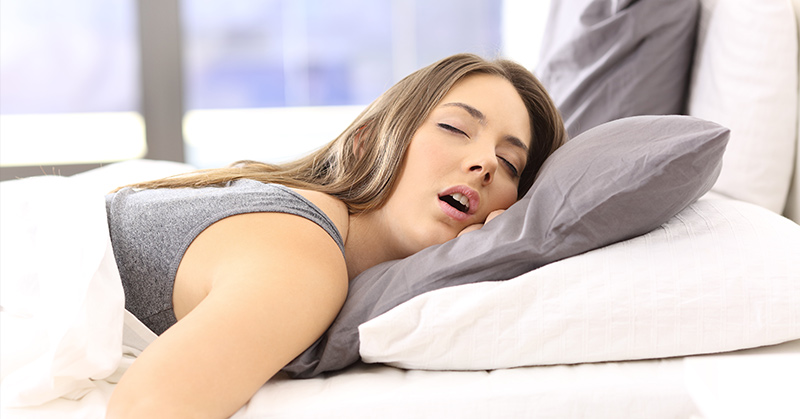Nothing beats a good night’s sleep. Rest is vital for people’s health and well-being, and they can feel a difference after an adequate slumber and a subpar one. Sleep contributes to productivity and concentration levels, lowers the risk of weight gain and heart disease, and strengthens the immune system, among many other benefits. [1]
People don’t need scientific journals to tell them sleep is important; they know how it feels to slog through an exhausting day. While the harmful effects of sleep deprivation have been explored, this new study provides insight into the other side of the coin: oversleeping and how it increases the risk of strokes. It looks like a case of too much of a good thing.
The Oversleeping Study
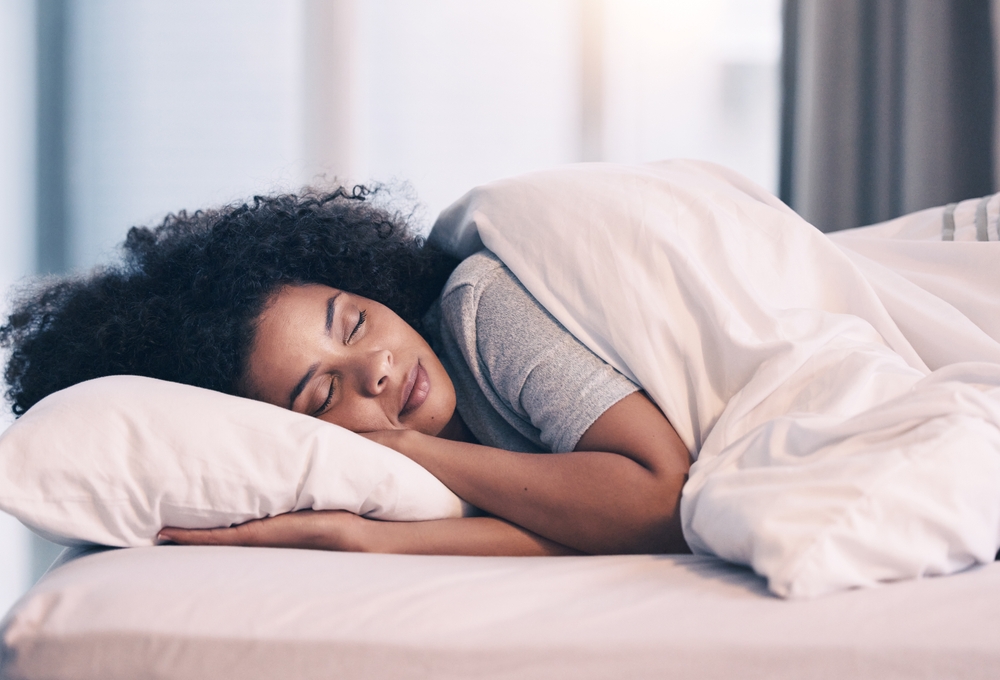
For clarity’s sake, sleeping for over nine hours and taking long naps regularly is considered oversleeping. The researchers analyzed 31,750 people’s sleeping patterns that have been logged for about six years. The participants were on average around the age of 62, and the study noted their other risks for stroke factors like drinking, smoking, history of heart issues, and a history of strokes.
The results found that the subjects who slept over nine hours every night had a 23% higher chance of stroke than those who slept less; the people who had frequent naps that lasted over 90 minutes had a 25% increased risk. Those who slept longer than nine hours and took naps for over 90 minutes had their risk of stroke increased to 85%.
As intense as the statistics are, the association between sleep and strokes was unclear to scientists. They did note, however, that oversleeping often correlated with inflammation, higher weights, and other factors that can harm the heart. [2] It seems that the way to avoid the harm of too much sleep and too little sleep is to find a balance.
Sleep is a Symptom
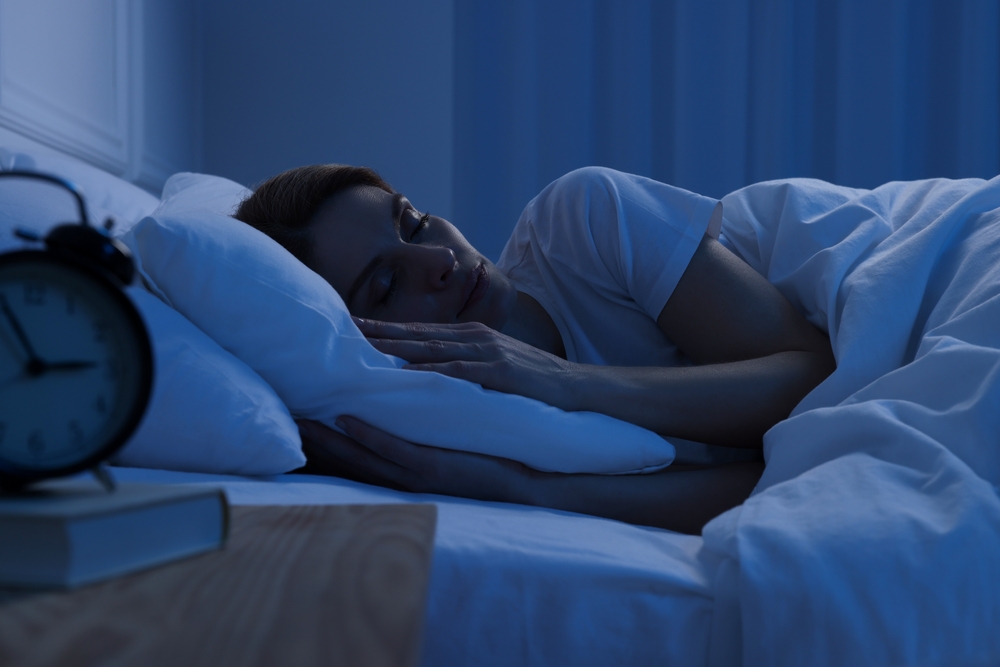
Excess sleep is not just a sign of laziness; it can be a cause and sign of other health problems. “It’s a vicious cycle,” said Sheila Garland, a registered clinical psychologist and an assistant professor at Memorial University in Newfoundland and Labrador. “It’s tricky because you don’t know whether it’s compromised by health conditions that existed prior… making it more likely that you’re going to increase your sleep duration, or that the increase in duration itself makes you more likely to have health conditions.” [3]
For example, hypersomnia and sleep apnea affect the length of sleep cycles, as well as mood disorders. This is why both physical and psychological conditions should be examined when ascertaining why a person is oversleeping. “Often, people with mood disorders like depression will see an increase in the amount of time that they sleep,” Garland said. “One of the key characteristics of depression is too little or excessive sleep. That needs to be considered.”
People without depression can suffer from insomnia, and this could lead to a higher risk of developing mental illness in the future. Charles Morin, behavioral sleep medicine researcher and professor at the University of Laval in Quebec City, said, “We long thought that insomnia was just a symptom of depression, and if we treated the depression, it would take care of the insomnia problem automatically. That isn’t the case. “If someone now is struggling with depression and insomnia, we recommend that they receive treatment for both conditions.” [4]
Read More: Almost half of patients report the same symptoms one week before a stroke
Sleep is Health
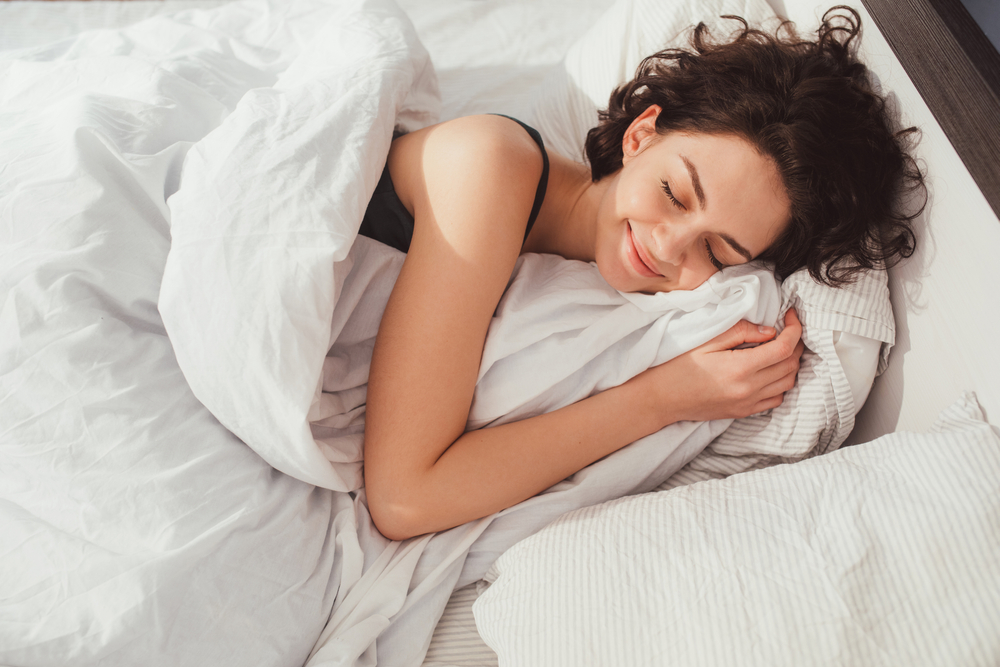
Sleep, nutrition, and exercise create the “three critical pillars of health,” and just like exercise and nutrition, a night of good sleep means different things for everyone. Still, most adults should get seven to eight hours of sleep every night, although it’s normal for some people to need a bit more or less. If a person sleeps for 10 hours every night and still feels tired the next day, it’s recommended to speak with a doctor. [5]
Good sleep is defined by three things:
- An adequate duration
- Good quality
- Good timing
A natural circadian rhythm, the body’s cycle that indicates when it needs sleep and wakes when it has reenergized, can help achieve these three components of good sleep. [6] “It tells us when to be awake and when to be asleep, and it influences the production of hormones,” said Garland. “Every cell has a clock that tells it to turn on and turn off.”
Circadian Rhythms
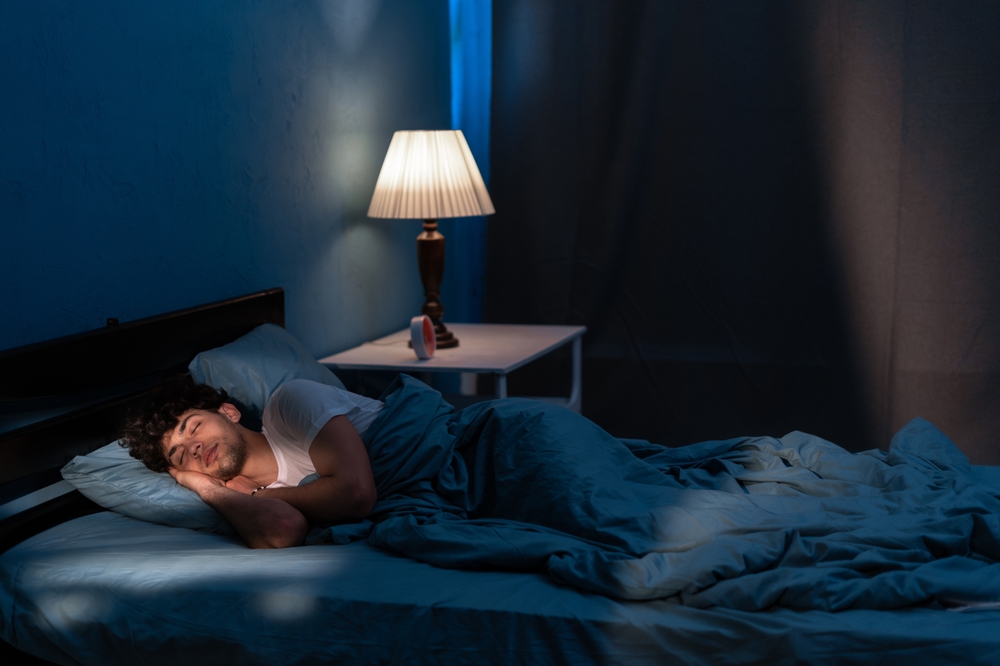
“Every living thing has the machinery in all of its cells, including our human brains, to recognize the rising and the setting of the sun,” said Richard Horner, a professor of physiology at the University of Toronto. Our bodies take cues from light to decipher whether it’s night or day to make the body feel sleepy and awake. Interacting with sunlight in the morning can help set the body back into a proper schedule, which can be extremely helpful to naturally fight jet lag.
Night owls may be pleased to hear that their preferred sleep schedule is perfectly justified. “[Sleep cycles are] genetically determined and, if you try to work against your genetics, it can be very hard on your body,” Garland said. This is why those who work night shifts tend to get sick more often. [7] “They’re basically working against their circadian rhythm,” said Garland. “They’re being awake when their body really wants them to be asleep.”
Getting onto the Right Schedule
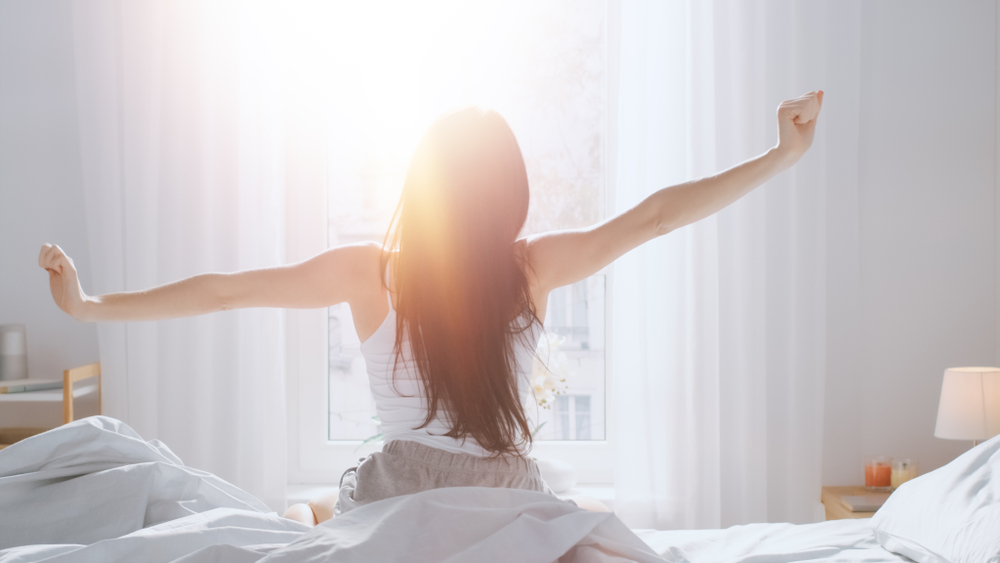
If you worry you may be oversleeping, try cutting back on sleep gradually over two weeks. “See if it actually makes you feel better,” Garland said. “But it needs to be consistent. The most important thing would be for people to get a wake-up time that’s consistent.” [8] If it feels impossible to change your sleeping habits, or if you don’t feel better after two weeks, it’s recommended to discuss this with your doctor.
Read More: Big Thighs Associated With Lowered Risk of Stroke and Heart Attack
Sources
- Jenna Fletcher. Why sleep is essential for health. Medical News Today. https://www.medicalnewstoday.com/articles/325353.php#better-productivity-and-concentration
- Lue Zhou, Kuai Yu, Liangle Yang, Hao Wang, Yang Xiao, Gaokun Qiu, Xuezhen Liu, Yu Yuan, Yansen Bai, Xiulou Li, Handong Yang, Meian He, Chongjian Wang, Tangchun Wu, Xiaomin Zhang. Sleep duration, midday napping, and sleep quality and incident stroke. Neurology. https://n.neurology.org/content/early/2019/12/11/WNL.0000000000008739 December 11, 2019
- Sheila N. Garland. https://www.med.mun.ca/Medicine/Faculty/Garland,-Sheila-N.aspx
- Charles M. Morin Ph.D. https://cervo.ulaval.ca/en/charles-m-morin
- Anthony L. Komaroff, M.D. How much sleep do we really need? Harvard Health Letter. https://www.health.harvard.edu/staying-healthy/how-much-sleep-do-we-really-need August 2019
- What is a Circadian Rhythm? National Sleep Foundation. https://www.sleepfoundation.org/articles/what-circadian-rhythm
- Press Association. Shift workers more susceptible to infections. The Guardian. https://www.theguardian.com/lifeandstyle/2016/aug/15/shift-workers-more-susceptible-to-infections August 15, 2016
- Megan Collie. Oversleeping can increase your risk of stroke by up to 85 per cent: study. Global News. https://globalnews.ca/news/6287517/too-much-sleep-stroke/ December 12, 2019
